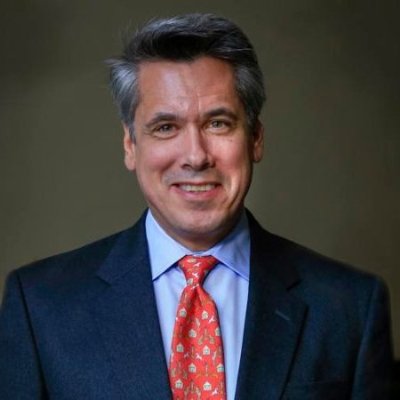(Bloomberg) — The Federal Reserve Bank of Chicago entered the debate over whether financial markets are fair, proposing limits on high-frequency trading firms and incentives to bring more buying and selling into public view.
Recommendations in a working paper published yesterday include breaking up the trading session into a series of half- second periods, a snails pace in an era of microsecond trading. The Feds John McPartland also suggested curbing hidden orders on public markets by mandating that they stay at the back of the queue, executed only after fully public trades at the same price are filled.
While some of the Feds suggestions have been made elsewhere, they may give further credence to the argument that computerized financial markets are rife with problems that need to be solved. The proposals from the Feds office in Chicago, a city thats home to many high-frequency trading firms, follow a barrage of criticism and allegations that speed traders, exchanges and brokers have rigged markets.
The paper makes nine recommendations that, if implemented, would likely restore the perception of fairness and balance to market participants that would be willing to expose their resting orders to market risk for more than fleeting milliseconds, wrote McPartland, a senior professional in the central banks economic research department.
Latest Critique
His recommendations came after the U.S. Congress this week held the latest in a series of hearings on high-speed trading. The U.S. Securities and Exchange Commission recently revealed its own set of plans to improve trading, and New Yorks attorney general accused Barclays Plc of misleading customers in its private trading network, secretly exposing them to predatory high-speed traders.
Supporters of high-frequency trading — which accounts for roughly half of U.S. stock volume — argue that the firms provide a valuable service, filling orders more cost effectively than the human market makers who once facilitated trading. The Chicago Fed, in a study released earlier this year, found that faster and less transparent markets pose risks.
In the latest paper, McPartland wrote that, rather than trying to ban high-speed trading, his proposals would discourage some practices to strike a more equitable balance between the high frequency trading community and the investment management community.
Hidden Orders
McPartland said secret orders — which traders can use on public markets to hide their intentions — are unfair. He would limit them by mandating that they cannot be executed until all completely public offers are filled.
The Fed researcher also highlighted an area targeted by New York Attorney General Eric Schneiderman: the speed difference between the direct data feeds from stock exchanges and the consolidated public feed. Traders who pay for the direct feeds effectively know about price fluctuations before users of the slower public ticker. High-frequency firms should get their information from the same source as the public, McPartland said.
Right now, the public feed is the poor Cinderella sister in the basement shoveling coal, McPartland said during a phone interview today.
The issue there, especially in U.S. equities, is: Are people who have servers co-located in the data facilities trading on information thats not yet in the public domain, he added, referring to the practice of letting trading firms rent space close to exchanges computers. And if the answer is yes, that needs to be fixed.
Continuous Trading
McPartland also urged segmenting the trading day into a series of half-second intervals, with buying and selling occurring all at once during each period. Currently, trading in most electronic markets is continuous, meaning high-frequency traders can bombard markets with thousands of trades a second. Under McPartlands scenario, trades would take place at a random time during each half-second span, further foiling high-speed trading tactics.
McPartland isnt the first to raise the idea. The University of Chicagos Eric Budish co-authored a paper last year that backed a similar approach.
Because high frequency traders would never know when the trade match algorithm would be run during any one half second time interval, the value of entering thousands of quotes for only a few milliseconds should be at least partially diminished, McPartland wrote in the paper.



